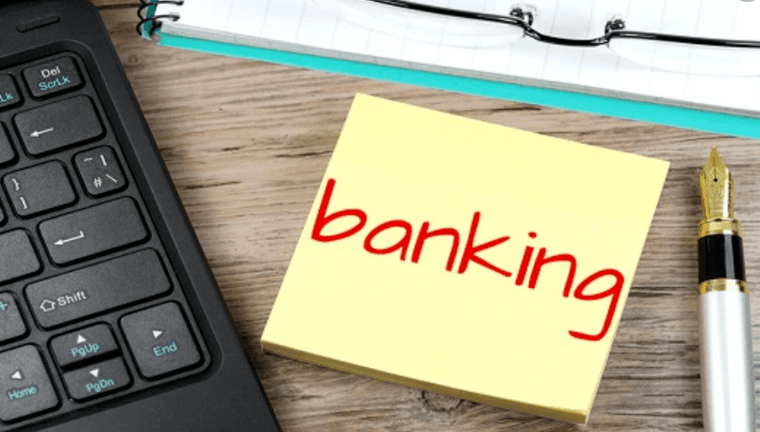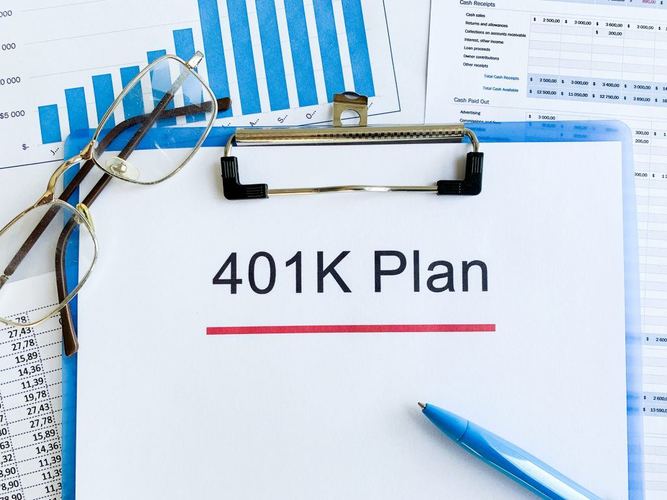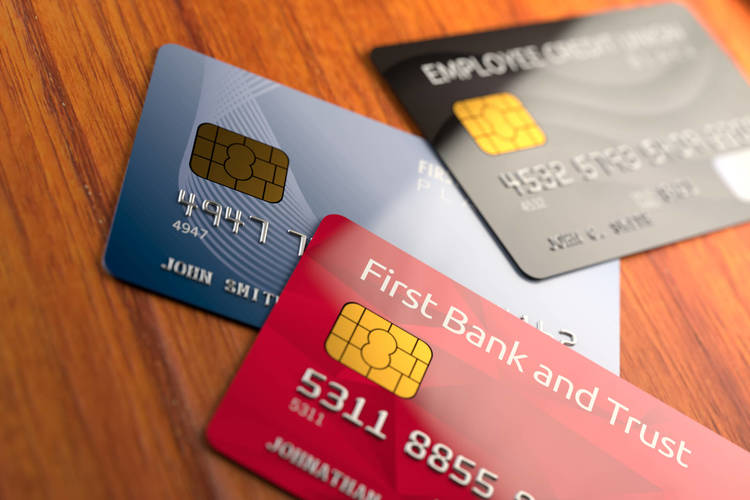Which type of bank account is the best for me?
by Admin | January 14, 2023
The savings book
A classic among savings accounts is the savings book. Although you receive interest on the money you deposit there, the interest rate is not particularly high. On the other hand, the savings book gives you a certain flexibility. You can deposit and withdraw money at any time. In addition, a savings account is a safe thing. Your money is safe in the account. Another advantage: There are no account maintenance fees. Disadvantages: The amount you can withdraw is limited by most banks to a maximum of 2,000 euros per month. If you want to withdraw more money, you usually have to give three months' notice. Another disadvantage is that although the interest you receive is calculated every day, it is only credited once a year.
The call money account
The call money account offers you the same advantages as a savings account. It is free of charge, offers a certain interest rate, and you can deposit and withdraw money at any time. In addition, it is much more flexible than a savings account. This is because you can withdraw as much of your savings as you want at any time - without notice periods or restrictions on the amount. Interest is also paid on a daily basis, but many banks credit the funds at shorter intervals than with a savings book - i.e. quarterly or even monthly. Another advantage is that for higher savings amounts, the interest rate is often higher than with a savings account book.
The time deposit account
Just like a call money account, a time deposit account offers you secure interest income. The time deposit account has the advantage that the interest rates are usually higher than with a call account. The interest rate promised at the beginning is valid for the entire term of the time deposit, no matter how the economy and interest rates develop during this time. Disadvantage: With a time deposit you have to invest your money for a certain period of time and you cannot withdraw the money at any time during this period. You should therefore be sure that you will not need the money you invest there in the short term for the duration of the account.
In fact, early termination often incurs penalty interest. In the worst case, you might end up with less money than you had before. Fixed-term deposit accounts are therefore something for long-term savings and not for spontaneous natures. By the way, the minimum deposit for a time deposit is often several thousand euros. So a fixed-term deposit account is not something for the very small wallet.
The credit account: attractive framework loans for students
Studying is expensive. The cost of food, tuition fees, expensive literature and rent gnaw relentlessly at the tight budget. So it wouldn't be a surprise if you overdraw your checking account more often. The problem: That's pretty expensive in the long run. Overdraft interest rates in the double-digit percentage range are not uncommon. To put this into perspective, if you are permanently in the red by a thousand euros, it will cost you between 100 and 150 euros a month, depending on the bank. That doesn't have to be the case. There are alternatives.
Alternative one: Stay positive. Mentally anyway, but also financially: No minus sign in front of the credit is the cheapest solution. Put something aside from time to time, for example in a call money account, so that you can fall back on it when you need it.
Alternative two: You haven't built up any reserves and the cost of a new washing machine is beyond your budget? Then use a credit line. This offers you considerable advantages compared to a classic loan or a student loan: You apply for it only once and agree on a credit line with the bank - i.e. a maximum limit up to which you can borrow money from the bank at a previously agreed interest rate.
This credit line is available to you on demand at any time from the time you sign the contract. The credit line works like the overdraft facility (the overdraft limit on your checking account). The framework credit is virtually only outsourced, separated from the current account and, above all, much cheaper. You pay no ongoing fees, you have to repay only small monthly minimum installments and can usually repay the loan flexibly depending on your personal cash situation. Important: You should compare the offers of different banks. The conditions and prices differ greatly, MLP can also help you with the decision.




